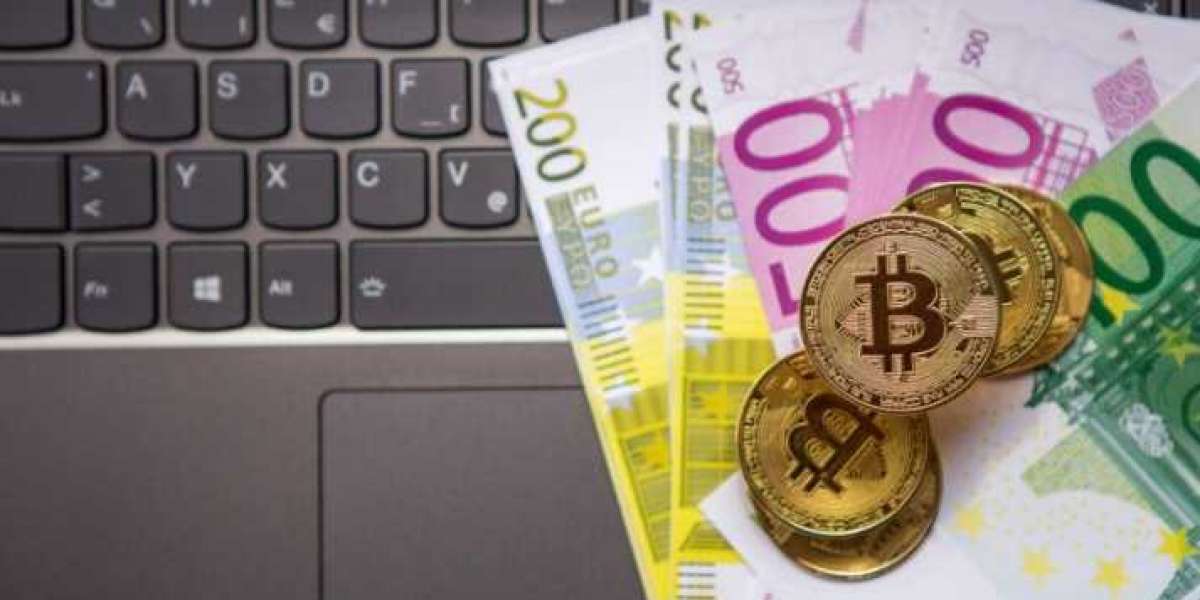There is a category of cryptocurrencies known as privacy tokens that conceal the user's identity. Examples of privacy token cryptocurrencies include Monera, Zcash, Secret, Dash coin, and others. Therefore, users who wish to conduct anonymous transactions within EU jurisdictions would now be required to rely solely on fiat currency as their medium of exchange.
Proposals to combat money laundering are currently being drafted by EU legislators.
It has come to the attention of the general public that a document originating from the EU has been compromised and leaked. The document asserts that European legislators are working on a proposal to prohibit privacy tokens as part of a new initiative to combat money laundering.
A diplomat working for the EU provided Coindesk with the information under the condition that he or she could do so without revealing their identity and still leaked the document.
The majority of the most well-known privacy tokens that were mentioned earlier in the blacklist have been enumerated in this document. The legislation intends to prevent financial institutions and cryptocurrency businesses within its jurisdiction from engaging in transactions involving privacy coins.
In June, the European Parliament was attempting to pass a law that would prohibit restrictions placed on transactions that could only be made between inactive wallets and cryptocurrency exchanges.
The Chief Executive Officer of Zcash, Josh Swihart, has expressed his opinion on the matter of a potential ban on privacy coins within the jurisdiction of the EU.
He asserted that businesses that accept cryptocurrencies as a form of payment on a native basis, rather than through a third party, are more likely to want to keep the specifics of these transactions a secret from their rivals.
In addition, he offered his thoughts on the issue of the ban on the use of Tornado Cash that was imposed by the Office of Foreign Assets Control (OFAC) under the direction of the Treasury Department. Swihart asserted that the action appeared to be an excessive reach on the part of the US regulators. Additionally, he asserted that given the present state of affairs, there may be an increase in demand for privacy tokens.




Alphonsus Odumu 6 w
European Union